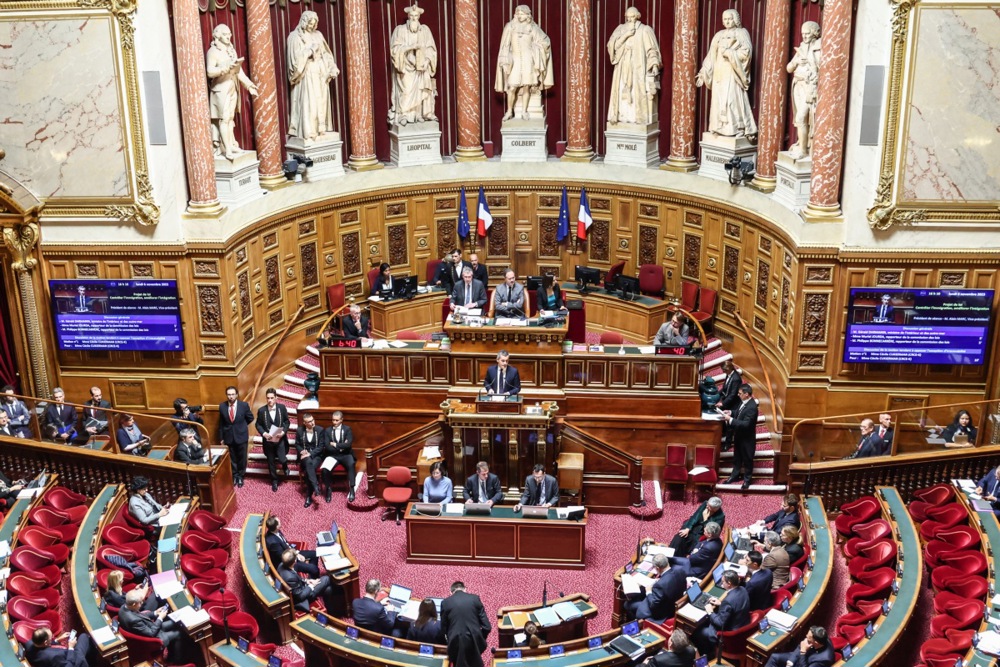In a circular from French Prime Minister Elisabeth Borne, ministers, secretaries of state, cabinet directors and cabinet members have been told to switch to French messenger apps for their phones and computers.
The move is reportedly motivated by cybersecurity fears.
Borne’s message, quoted by French magazine Le Point, states: “Leading consumer instant messaging apps are becoming an increasingly important part of our daily communications.
“However, these digital tools are not without security problems and thus do not guarantee the security of conversations and information shared through them.
“To counter the threats arising from the use of these applications, the French company Olvid has developed an instant messaging system that guarantees the protection of its users’ data thanks to a decentralised directory and end-to-end message encryption, while maintaining the same functionalities as current applications,” she said.
Starting from December 8, members of the French Government will only officially communicate via Olvid, or Tchap, a secured messenger app developed by the French administration.
In her circular, Borne called for a “step toward more French technological sovereignty”, which she said was the result of a “real awareness on cybersecurity” on the part of the Government.
Unlike messaging services such as WhatsApp, Signal or Telegram, which are still popular in France’s elite circles, Olvid has the highest security accreditation from Anssi, the IT security organisation entrusted with safeguarding the State’s vital infrastructures, it is reported.
In the name of protecting personal data, the European Commission prohibited all of its staff from downloading the TikTok app to their phones at the end of February. The European Parliament and the European Council subsequently joined the ban.
In 2020, the EC had told its staff to switch to the encrypted Signal messaging app. EU press staff use Signal to communicate with journalists.
The European Union wants law enforcement and judicial authorities to be able to exercise their legal powers, both online and offline, “to protect our societies and citizens”, which has raised a sensitive issue: the proposed EU law against child abuse.
Planned legislation aims to employ emerging technologies for the identification of both new and pre-existing instances of “child sexual abuse material” and activities related to grooming children.
Additionally, it grants national authorities the power to compel digital services to examine users’ communications, including those that are encrypted.
Digital rights lobbyists claim that will instigate a mass-surveillance regime and spell the end of digital privacy as we know it.





